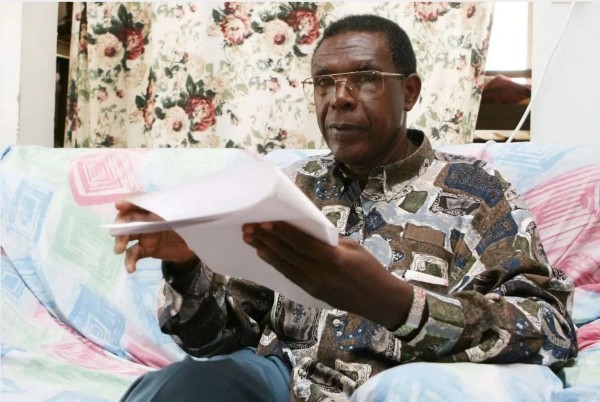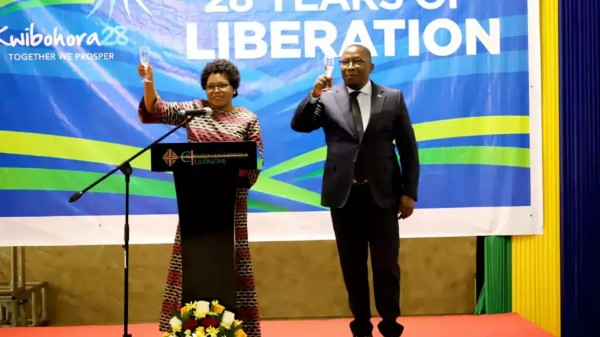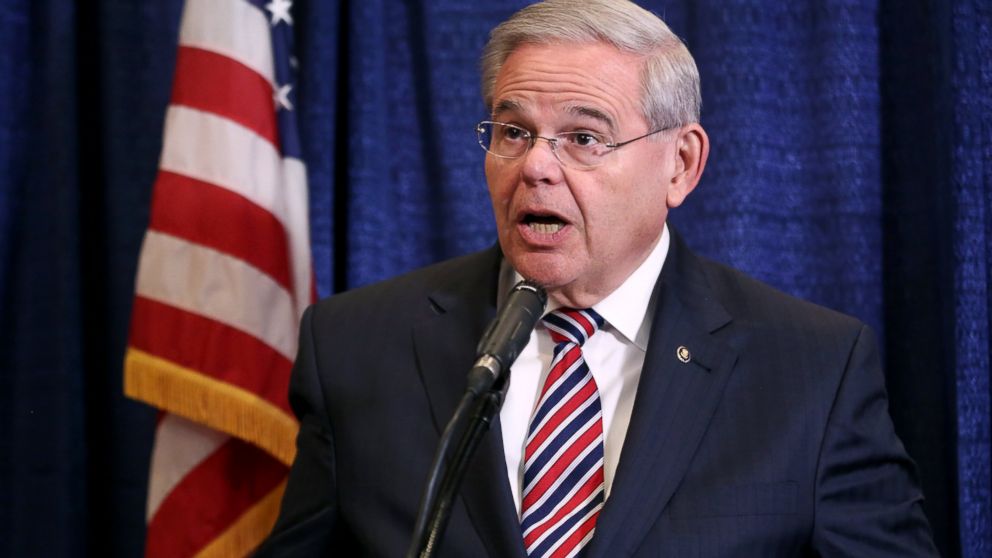International
Why Laurent Bucyibaruta's trial matters

Emmanuel Murangira was one of few survivors
of the Murambi massacres on April 21, 1994, during the Genocide against the Tutsi. It is believed that less than 50 Tutsi
survived. Murangira died in 2012 and his heart was always at Murambi as he
served as a tour guide and witness to visitors of Murambi Genocide Memorial.
Twenty eight years after the genocide, many
witnesses have died. They include key perpetrators who received direct orders from
Laurent Bucyibaruta, the then Prefet of Gikongoro.
On July 12, after about 11 hours of
deliberation, the Paris Criminal Court sentenced Bucyibaruta to 20 years in
prison. When the judgment was read, he made no movement and showed no reaction.
This was a won battle after 28 years of survivors seeking justice.
The court found Bucyibaruta guilty of public
Incitement to commit Genocide because of his public speeches that defined the
enemy as all members of the Tutsi ethnic group and urged his listeners to
attack and kill the Tutsi.
Bucyibaruta participated in a joint criminal
enterprise whose object, purpose, and foreseeable outcome was the commission of
genocide against the Tutsi ethnic group, and persons identified as Tutsis or
presumed to support the Tutsi in the former Gikongoro Prefecture, in Rwanda.
Bucyibaruta as prefet of Gikongoro acted with
Faustin Sebuhura, Damien Biniga, Joseph Ntegeyintwali, Frodouard Havuga, Aloys
Simba, Felicien Semakwavu, Emmanuel Nteziryayo, Charles Nyiridandi, Silas Mugerangabo,
Celes Semigabo, Denys Kamodoka, Juvenal Ndabarinzi, Lt. Col Rwamanya Augustin,
Joachim Hategekimana, Charles Munyaneza, and others.
On May 30, 2000, Bucyibaruta was arrested and
indicted by the Office of the Prosecutor in Troyes on the basis of a complaint
filed in the High Court of Paris on January 5, 2000, by the International
Federation of Human rights (FIDH) and the League of Human Rights.
On June 6, 2000, he was put in detention. He
appealed the decision and was released by the examining magistrate in December
2000. Nonetheless, he remained under judicial supervision.
In June 2007, the Prosecutor of the ICTR
demanded from the Tribunal an authorization to defer the cases of Bucyibaruta
and Wenceslas Munyeshykaya to a criminal court in France since the two were
still under investigation in France. An agreement was concluded with France
earlier in 2006 which allowed for such an arrangement.
But the political environment between Rwanda
and France, considering the role of France in the 1994 Genocide against the
Tutsi slowed the path of justice as Paris became a safe heaven for genocidaires.
Very many of them got French citizenship.
Genocide survivors welcomed France’s good
will to put on trial genocide fugitives, however a lot more efforts have to be
made. Many other notorious Genocidaires living freely in that country need to
be brought to justice.
France still harbors Rwandan genocide
fugitives such as Dr. Sosthène Munyemana, Dr. Eugène Rwamucyo, Colonel Laurent
Serubuga, Agathe Kanziga Habyarimana, Cyprien Kayumba, Fabien Neretse alias
Fabien Nsabimana, Callixte Mbarushimana, Stanislas Mbonampeka, Marcel
Bivugabagabo, Isaac Kamali, Wenceslas Munyeshyaka, Pierre Tegera, Octavian
Ngenzi, Tito Barahira, Joseph Jabyarimana, Paul Camy (Kanyamihigo), Manasseh
Bigwenzare, Venuste Nyombayire, Hyacinthe Rafiki Nsengiyumva, Enoch Kayondo,
Claude Muhayimana, Felicien Baligira, Philippe Manier / Hatagekimana and Michel
Bakuzakundi.
Rwanda has issued 42 international arrest
warrants for alleged perpetrators of the 1994 genocide in France, but only
three have been executed. The UN Human Rights Council asked France, at its 29th
session that took place in January 2018, to either try all genocidaires on its
territory or extradite them to Rwanda.
In 2018, Rwanda condemned the recruitment of
Genocide convict and fugitive Dr. Charles Twagira by Hospital Paul Doumer, a
geriatric facility managed by Assistance publique des hôpitaux de Paris (AP-HP) in Labruyère,
France. Twagira was convicted of genocide crimes by Rwandan courts. During the
1994 Genocide against the Tutsi, Twagira was a regional director of health in
the former prefecture of Kibuye, in western Rwanda. He is also one of the
genocide planners in Kibuye Prefecture, where he incited the local population
to commit genocide.
In 2009, Dr. Eugène Rwamucyo was suspended
from his duties at a hospital in Maubeuge for alleged involvement in the 1994
Genocide against the Tutsi. The same measure should be taken in the case of
Dr.Twagira and other genocidaires prosecuted for genocide crimes.
France is not the safe heaven for genocide
fugitives only. It protects other Rwandan criminals including thieves like JMV
Ndagijimana
In October 1994, JMV Ndagijimana was the
Foreign Affairs Minister. He was a member of the presidential delegation that
traveled with the President in USA and the delegation brought money for Rwandan
Missions (Washington and New York). Apart from the fact that in the immediate
aftermath of the genocide, the government had no money to send them, none of
the banks in Rwanda, including the Central Bank, were functional to effect a
wire transfer. Rwanda had been suspended
from issuing traveller's cheques. The
government mobilised (mainly from the RPF) the sum of US$187,000 and gave it to Amb. Ndagijimana J.M.V. to carry it with him for the two diplomatic missions.
Upon arrival, the President asked Ndagijimana
to bring money and they waited in vain. When the Rwandan delegation contacted
the New York Police Department, they were told that Ndagijimana took a flight
for Paris. France was contacted but
turned a blind eye before Ndangijimana landed on its soil.
Lately, Genocide survivors commend efforts by
the French Justice system to bring to account genocide fugitives especially
under the leadership of Emmanuel Macron. In May 2020, Felicien Kabuga, one of
the key architects of the 1994 Genocide was arrested in France, once again
putting the spotlight on the country’s link with mass murderers.
In 2016, Octavien Ngenzi and Tito Barahira,
two former mayors in eastern Rwanda, were found guilty of genocide and crimes
against humanity and given life sentences. In October 2021, a French court
upheld the life sentence imposed on the two.
There is some hope.




.jpg-20220724115957000000.jpg)

